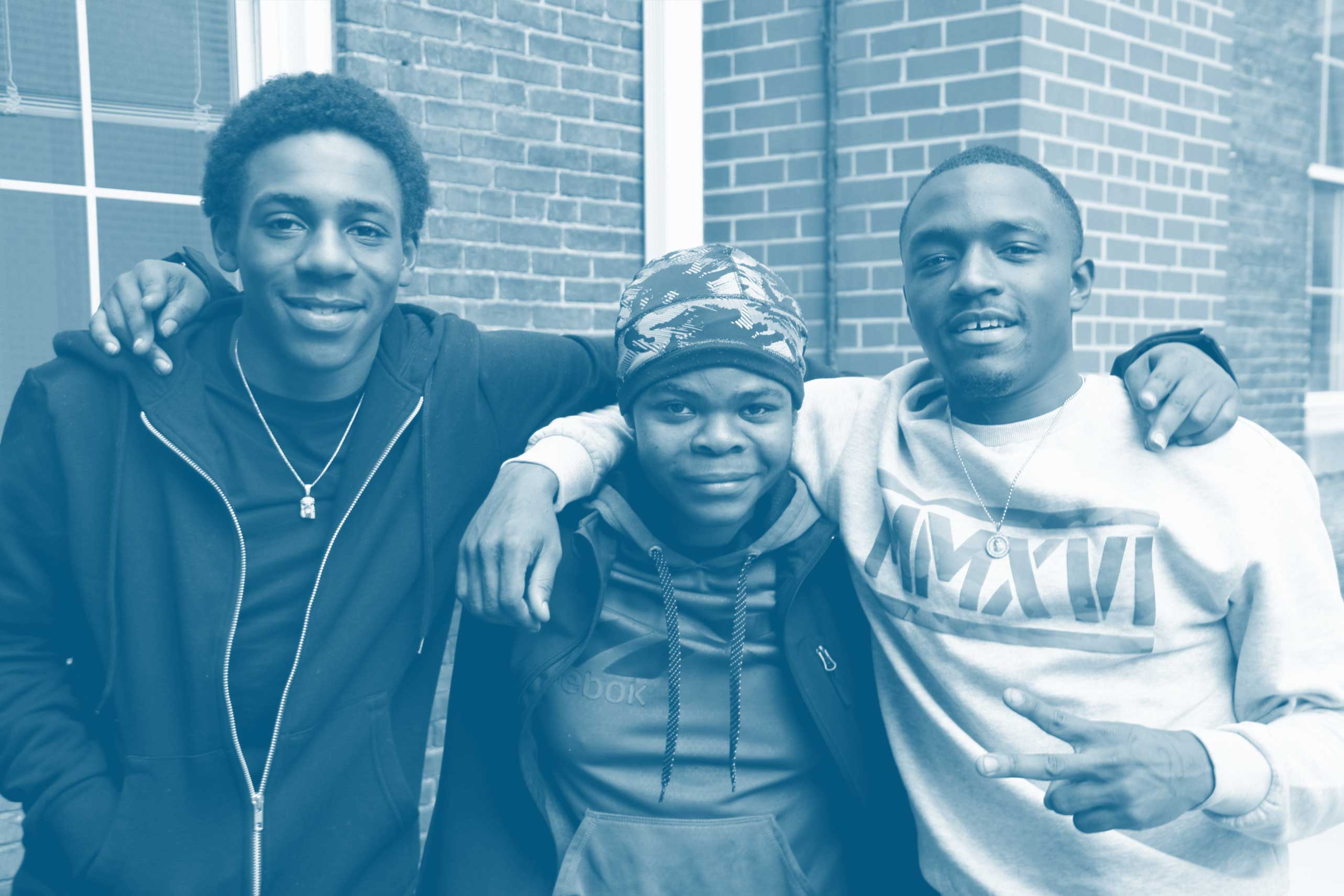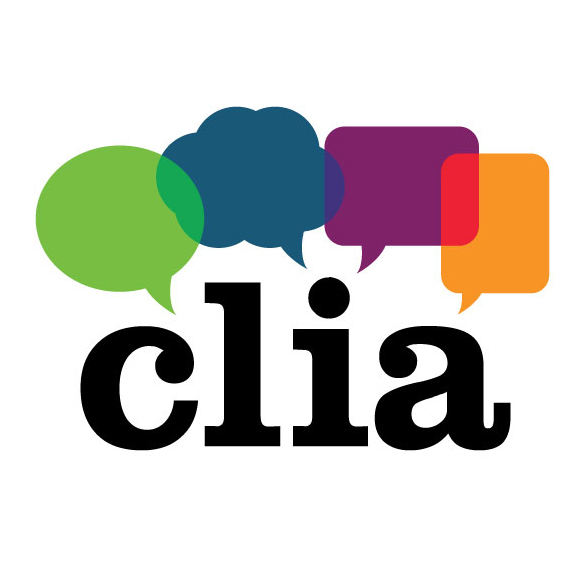Just Kids Campaign
The Just Kids Campaign is a statewide advocacy campaign working to stop the automatic prosecution of youth as adults in Maryland.
According to Maryland law, a youth as young as 14 charged with one of 33 offenses is automatically sent to the adult criminal justice system. The practice is fundamentally flawed for the following reasons:
Charging youth as adults makes our communities unsafe. It creates more criminals.
Right now, the adult system is creating more criminals. In Maryland, Judges, attorneys, administrators of the prison and juvenile system have acknowledged the adult system is not rehabilitative by design or function [1]. Multiple national studies have found that a child in the adult system is more likely to commit future, more violent crimes than a child treated in the juvenile system [2]. Youth charged as adults are 34% more likely to reoffend than a youth in the juvenile system [3].
[[1] http://www.racialequitytools.org/resourcefiles/JustKidsRptOct2010small.pdf
2] http://www.washingtonpost.com/wp-dyn/content/article/2007/11/29/AR2007112901936.html
[3] https://www.justice.gov/defendingchildhood/cev-rpt-full.pdf
Charging a youth as an adult keeps them from becoming productive citizens and safe neighbors.
Youth charged as adults eventually come back to our communities – and they come back with an adult criminal record, even if they’re not convicted. This criminal record restricts their ability to live safe, successful and productive lives by barring them from housing, employment and educational opportunities.
Current policy overburdens the adult system with youth who don't need to be there.
According to reports by the Maryland Department of Juvenile Services (DJS), nearly sixty-five percent of youth automatically charged as adults either have their cases dismissed or sent to the juvenile justice system after they are reviewed by a judge.
Act now!
Ask your legislator to improve public safety, protect youth and families and ensure that youth are held accountable appropriately and justly by stopping the automatic prosecution of youth as adults. This ensures that all youth would begin their case in the juvenile justice system, allowing a state’s attorney to ask a judge to review the youth’s case to move it to the adult system if necessary.
Starting youth’s cases in the juvenile system is a more practical, efficient, and effective way to reduce crime and make our communities safer. Here’s why:
The juvenile system promotes public safety and accountability for youth charged with serious crimes
Juvenile facilities are already successfully treating youth accused of serious crimes, including most youth charged as adults since 2015. The juvenile system incarcerates youth charged as adults securely in juvenile detention facilities and no youth charged as an adult has escaped from a juvenile facility. Meanwhile, they continue their education and receive counseling and rehabilitative services aimed at developing youth into productive citizens.
The juvenile system rehabilitates youth.
In 2017, recidivism rates for youth in juvenile facilities, including youth who were charged as adults, DECLINED from 20.8% to 16.7%. [1]. Youth in the juvenile system receive rehabilitative services such as counseling and can continue their education to help them develop into safe neighbors and productive citizens.
[1] http://www.djs.maryland.gov/Pages/Youth-Recidivism-Reduction.aspx
Youth in the juvenile system are held accountable sooner.
The juvenile system is 10X faster than the adult system, which means a judge reviews the youth’s case and decides if it should be handled in juvenile or adult court and they are held accountable appropriately. Youth get the treatment they need sooner to return to our communities safely.
Meet the Core Alliance of Youth Leaders!
The Campaign’s key spokespeople, the Core Alliance of Youth Leaders, are young people who have been directly impacted by Maryland’s criminal justice system and work as advocates on the Just Kids Campaign. They organize community events, educate the public, and share their personal stories in diverse venues to achieve statewide system reform that benefits other young people.

